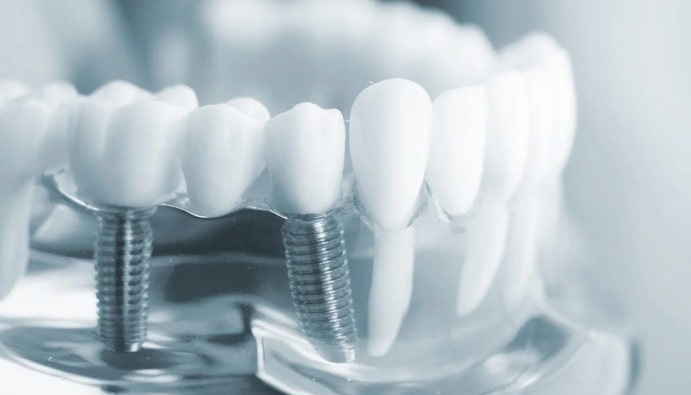
BLOG
KATEGORİDEKİ DİĞER YAZILAR

Implantation testing is especially necessary for implants, surgical instruments, prostheses and other long-term implanted devices. The tissue compatibility of a medical device ensures that the health of both the device and the area of the body where it is implanted is maintained. If the device damages the tissue, it can lead to infection, inflammation, pain, cell death and other serious health problems.
Implantation testing is important to achieve the following goals:
ISO 10993-6 provides a set of test standards for the biological safety and tissue compatibility of medical devices. This standard specifies the methods and procedures used to examine how devices show a tissue reaction during implantation. ISO 10993-6 includes the following elements for the biological evaluation of medical devices:
1. Purpose of Test: The purpose of implantation tests is to assess how medical devices, once implanted in the body, will elicit a biological response at the cellular, tissue and organ levels. These tests aim to prove that the devices are biologically compatible and that long-term implantation does not pose any health risks.
2. Test Method and Protocols: The ISO 10993-6 standard provides detailed protocols and methods on how to conduct implantation tests. These methods may vary depending on the type of medical device to be tested and the purpose of the implantation process. Typically, testing is performed on animal models, as testing on the human body is ethically and legally limited.
3. Evaluation and Analysis: At the end of the implantation tests, the biological compatibility of the device is evaluated by various metrics. In the tests, the following are observed:
4. Interpretation of Test Results: The results of implantation tests play an important role in determining the tissue compatibility of the device. As a result of the test, the biological compatibility of the device is evaluated as follows:
Nanolab Laboratories Group continues to provide services within the scope of Medical Device Analysis.
Contact us for more information.
You can follow us on LinkedIn for up-to-date news and posts about our services.
Follow our Instagram account to be informed about our latest blog posts.